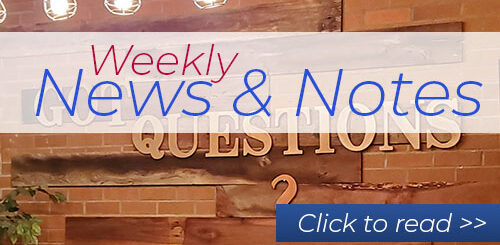Who’s Action

What is in your mind, heart, and expectations as you enter a worship service? Each of us carry assumptions about why we are there, what we are there to do, and why it’s important to be there. These assumptions are shaped by what we have been taught. While worship services include much more than music, there is a term in ethnomusicology called “musical thought” that draws attention to the fact that we carry underlying ideas about worship together. Bruno Nettl defined it as: the conceptions, ideas, and assumptions that underlie the songs (or services) themselves and that govern the types of behavior that lead to the productions and consumption of musical sound (or services).
For example, what do we assume about who is most active in worship – us or God? I was shaped by the thought that we go to worship with a task: to express our praise and worship with as much authenticity as possible. We are the active ones with a job to do. The songs that were popular in my youth reinforced this belief: “Here I am to worship, here I am to bow down, here I am to say that your my God,” “I will give you all my worship, I will give you all my praise,
you alone I long to worship.” But there is something in those expressions that never felt right.
They did not connect deeply because, frankly, I do not think I do those things very well. You
alone I long to worship…maybe? In truth, my heart is tugged in lots of directions.
In the book “You Are What You Love,” James K.A. Smith writes about the history of this
question of action. There are times in worship history when the main focus of worship has been
on human action, and times when it has been about God’s action. Is worship something we
express or is a way for God to deeply form us? Smith writes that worship is the heart of
discipleship. As we sing, listen to scripture, and take communion, God is active in the elements
and he is active in us. Even as we sing sentences we don’t quite believe or don’t even feel
adequate to say – I will give you all my worship – we sing with the assumption that God will use
the parts of the service to shape us however he wants through the Holy Spirit.
I once heard it said that, by the power of God, liturgy works in our souls like how water moves
through a cave. It slowly shapes and forms and opens our hearts in beautiful and compelling
ways. So whatever your thought as you enter our time of worship together, I hope you have a
great and glorious expectation – God is active! Enter with great confidence. The formation may
feel slow sometimes, but we are invited to open our hearts and invite the Holy Spirit to shape
us in glorious ways. He will do this work in us for his kingdom and for his glory.
Jill Schroeder-Dorn, Director of Worship Arts

